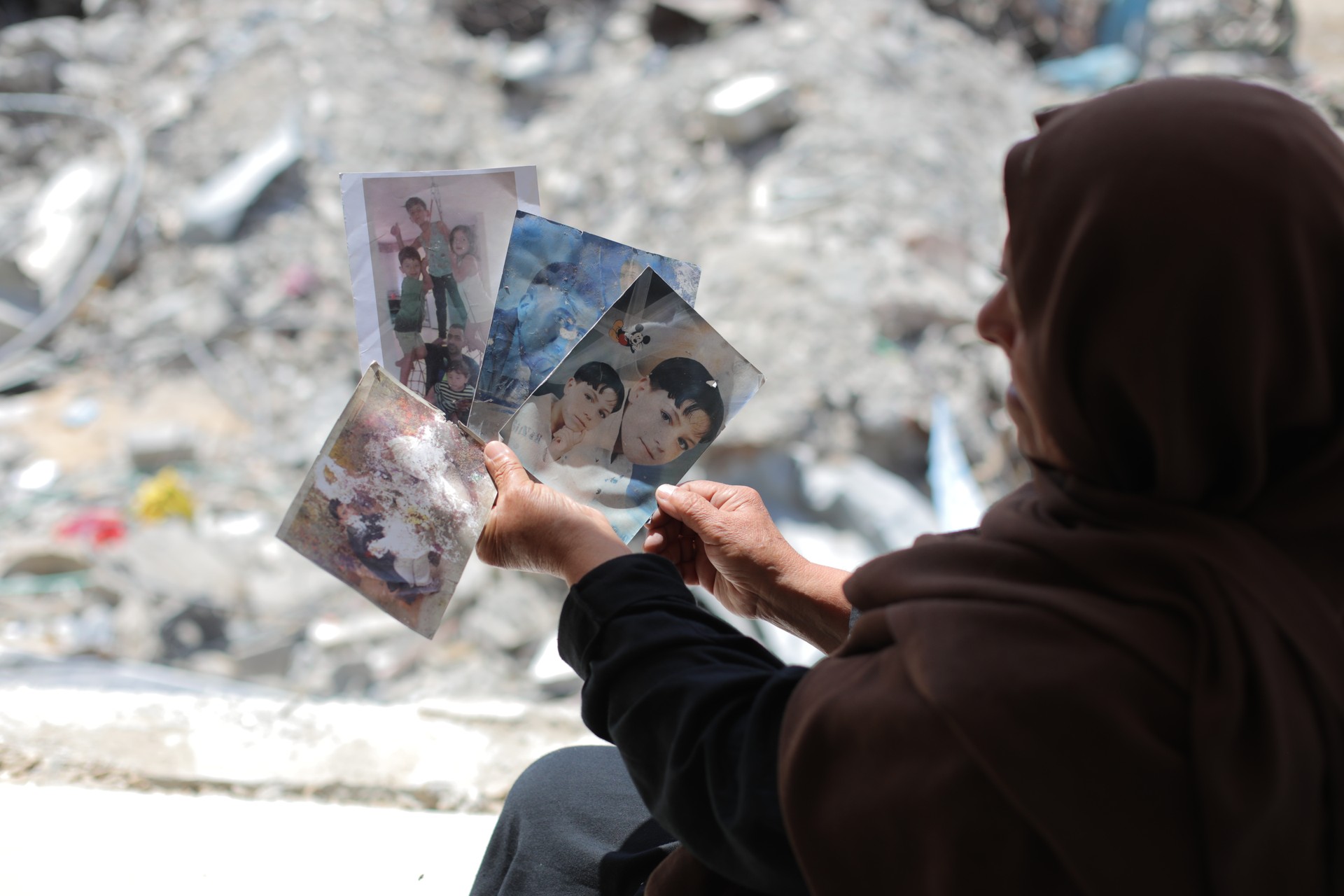
Amos Harel, an Israeli military analyst, said on Friday that the army is inclined to withdraw from Gaza, but that Prime Minister Benjamin Netanyahu has different intentions.
Analyzing the situation for the Israeli daily Haaretz, Harel observed that Netanyahu "continues to claim that the large-scale war against Hamas will continue indefinitely."
"He continues to offer assurances of achieving total victory to his supporters. However, in reality, what we are facing is a conflict that appears more perpetual than a definitive triumph," Harel stated.
Analysts emphasize that Benjamin Netanyahu's top priority is his political survival. He aims to navigate the upcoming summer session of the Knesset and anticipates a favorable outcome in the U.S. presidential election in November, particularly hoping for Donald Trump's return to power.
This strategy is favored over the alternative of securing a lasting cease-fire in Gaza, which might entail a prisoner exchange and acknowledgment of failure to achieve military goals. Such a scenario could lead to the resignation of far-right parties from the coalition and potentially result in the collapse of the government, according to analysts' assessments.
The Israeli analyst also highlighted that "with political survival as the top priority, other consequences of prolonging an indefinite conflict are relegated in importance, including increased strain on regular and reserve troops, escalating tensions with the Biden administration, and diminishing international support for Israel's actions."
Harel suggested that a critical turning point in the conflict, perhaps another one, is on the horizon within weeks, although he didn't delve into specifics. The Israel Defense Forces are anticipated to conclude their offensive operations in Rafah, facing constraints from the U.S. and without achieving a definitive victory over Hamas.
They are likely to aim for a cease-fire declaration and seek strategic clarity from Prime Minister Benjamin Netanyahu. The military leaders are expected to propose ending the Gaza campaign in its current format.
"The military will recommend reducing the already limited number of troops operating in the Philadelphi Corridor along the Egyptian border and in other areas within Gaza, focusing instead on targeted raids against additional Hamas targets and exploring diplomatic avenues," he continued.
Harel added that these efforts might involve initiating negotiations for a prisoner exchange and ceasefire in Gaza. He acknowledged the current difficulties in achieving success but hinted that if successful, it could offer a chance for troops to regroup. Concurrently, the U.S. could make a final diplomatic effort to stabilize Lebanon by creating a distance between Hezbollah forces and Israel's border.
"Otherwise, preparations will commence for a potential full-scale conflict in the north," Harel warned, referring to Lebanon.
The military analyst acknowledged that "there is currently no positive update regarding hostages."
Israel's continued extensive military operations in Gaza since the Oct. 7, 2023, Hamas attack, defying a U.N. Security Council resolution demanding an immediate cease-fire, have prompted international condemnation.
According to Gaza's Health Ministry, the death toll from relentless Israeli assaults has surpassed 37,400 Palestinians since last October, with over 85,600 individuals injured.
After more than eight months of conflict, large swathes of Gaza lie in ruins amid severe shortages of food, clean water, and medical supplies.
Israel faces accusations of genocide at the International Court of Justice, which recently ordered an immediate halt to its military operations in Rafah, where over a million Palestinians had sought refuge before being invaded on May 6.